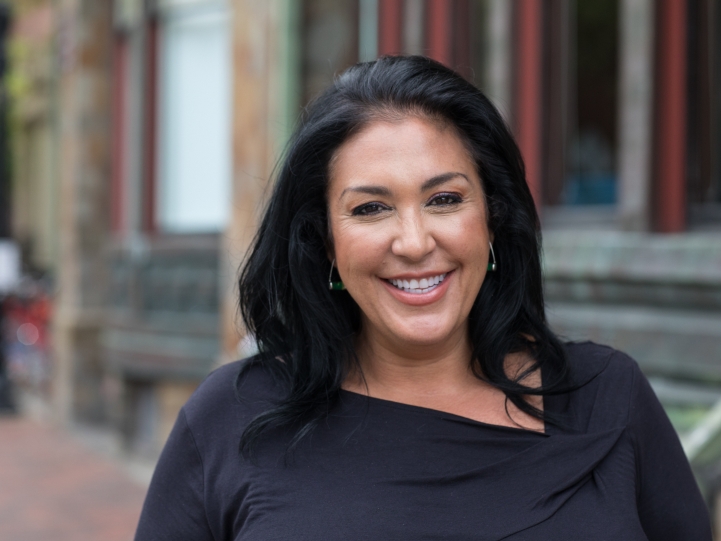
We Can’t Give What We Don’t Have: Boundaries Over Burnout
Supporting the Profession AVP or "Number Two" Senior Level VP for Student Affairs
February 9, 2022
My colleagues in student affairs have a kind of commitment to their institutions, staff and students that is remarkable. We love spending time with students, mentoring and guiding a team, and collectively building a vision with our senior colleagues. Why, then, are so many of us double-checking our financial plans to see when exactly we can retire, navigating the “Sunday scaries,” or voting with our feet and leaving the field?
The stressors facing higher education have been intensified by the pandemic: lower retention rates, declining enrollments, high staff turnover, diminishing resources, and serious mental health challenges are compounded by personal losses and worries. Our workloads have been staggering.
While we have always traded in the unexpected, pivoting and adapting have become the new routine. It’s hard not to feel exhausted and adrift when strategic plans have been upended, programs halted, and we plan once again how to implement protocols for a pandemic with an unknown trajectory.
While rest and time away can be rejuvenating, you take yourself with you wherever you go. The solution for burnout may mean we work to control the things we can—our boundaries.
I remember looking at my calendar in October last semester trying to find a free hour. I scrolled week after week and finally found some time three weeks out. I thought, “who is doing this to my calendar?” Well, I am.
Psychologists distinguish between an internal locus of control and an external one. In the former, we feel that we are shaping our lives and can exert some influence over our decisions. We understand we have agency. In the latter, we feel little control, and instead react to forces beyond us. An external locus of control has a positive correlation with depression.
We are other-oriented in higher education. This makes us compassionate, student-centered leaders but can also be our downfall. We can’t give what we don’t have, and unless we take care of ourselves the way we do our students and our teams, we will end up less capable of doing our work—and feeling resentful.
While we can’t say “no” to everything, we have more control than we think we do, and setting boundaries to protect our time and our interests is the way to get back to an internal locus of control.
Are there committees that really don’t need your presence? Are there events you can decline to protect an evening? How often are you giving up your own self-care because you say “yes” to someone else? We often think it’s better to shortchange ourselves than disappoint someone else. It’s worth taking an inventory and listening to your internal dialogue about your self-worth.
While the pandemic has demanded warp speed planning, evaluate where you can set realistic deadlines for completing projects and be aware that we often train colleagues that we will respond and act immediately to concerns.
In the end, the cost of keeping the current pace is not healthy and not sustainable. Mitigating burnout for ourselves and our teams requires reflecting on our boundaries and the ways those have likely eroded in the past two years. We have more control than we think we do, but we must do the inner work to find that balance. It is a kindness we owe ourselves.
About the Author
Barbara LoMonaco, Ph.D. is the vice president for student life at Centre College and a member of the James E. Scott Academy Board.